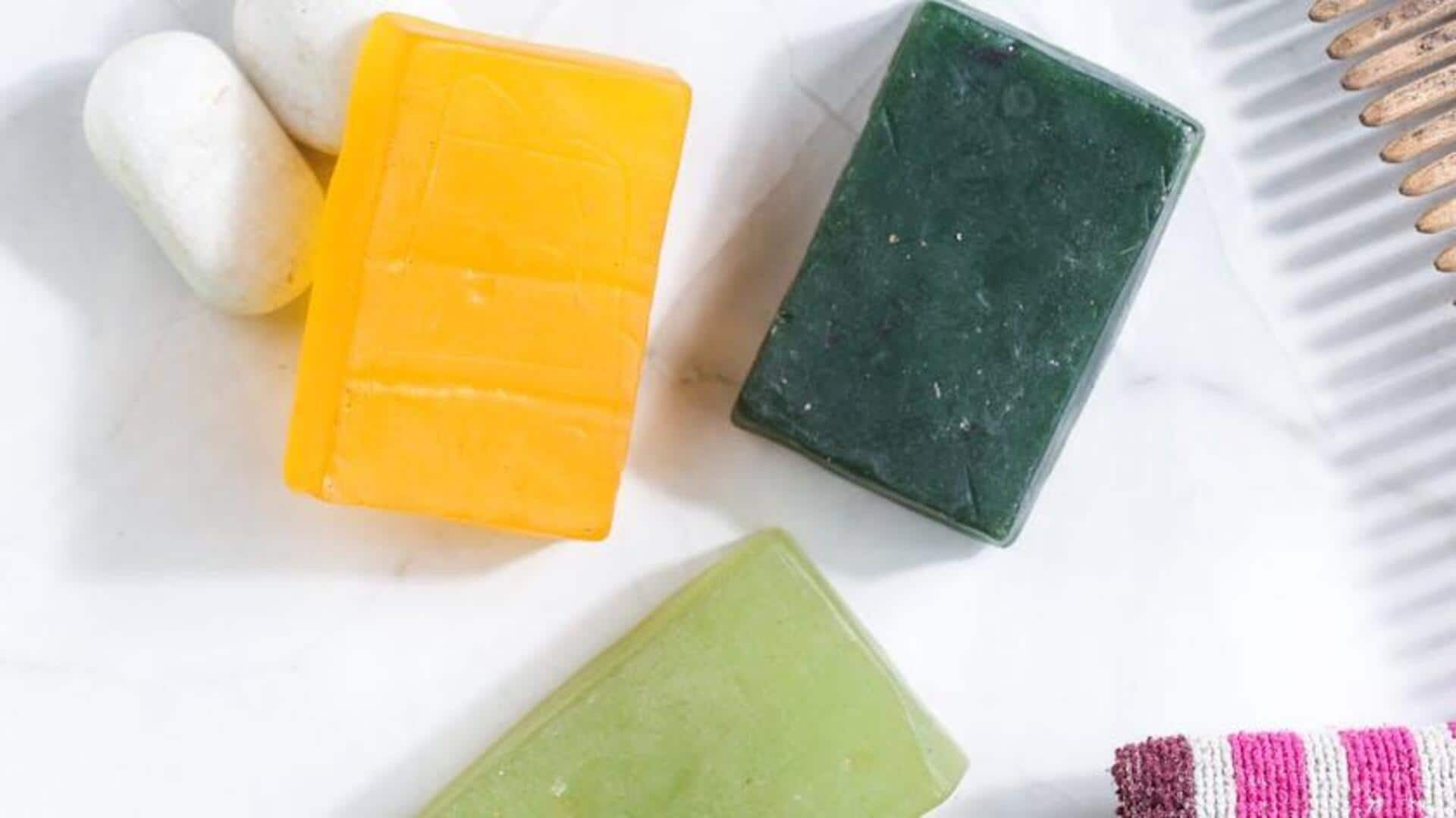
Frugal handmade soap making in Africa
What's the story
Handmade soap making is a great skill, particularly in Africa where it can be a money-saving hobby and a profitable business. This article focuses on cost-effective methods and materials for creating quality soaps. By using locally available resources and straightforward techniques, people can create soaps that are not only good for personal use but also serve as potential sources of income.
Local resources
Utilize local ingredients
Using locally sourced ingredients is a super affordable way to make handmade soaps in Africa. The continent is rich in natural resources, and shea butter, coconut oil, and palm oil are perfect for soap bases. Not only do these ingredients save money, but they also create organic and skin-friendly soaps. By buying these ingredients locally, you can keep costs low and help your local economy.
Basic equipment
Simple tools over high-end equipment
You don't need a fancy setup to start making soap! Basic kitchen tools like stainless steel pots, wooden spoons, and silicone molds are perfect for beginners. Many of these items are already in your kitchen, or you can buy them inexpensively from your local market. This way, you can try out soap making without spending a lot of money on special equipment.
Shared wisdom
Leverage community knowledge
Interacting with the community can reveal cost-saving techniques and unique ingredient combinations that enhance the quality of handmade soaps. Many communities across Africa possess generations of knowledge in crafting soaps using traditional methods. By attending local workshops or engaging in conversations with seasoned artisans, you can discover the secrets of their trade, learn how to create high-quality soaps, and save money in the process.
Sustainability
Recycle and reuse materials
Going green isn't just good for the planet - it's a major cost-saver for soap makers too! You can make new soaps by recycling cooking oils or using scraps from previous batches. This way, you're not only reducing waste but also getting your materials for free (or at least super cheap). Choosing recycled packaging or biodegradable materials for wrapping can also cut costs. It's a win-win!
Community sales
Market locally first
Before branching out to wider markets, selling within local communities provides a low-risk platform for testing products and establishing a customer base without the high costs of marketing. By setting up stalls at local markets or partnering with small businesses for consignment sales, artisans can directly assess customer preferences, fine-tune their offerings, and build a reputation without the need for expensive advertising.